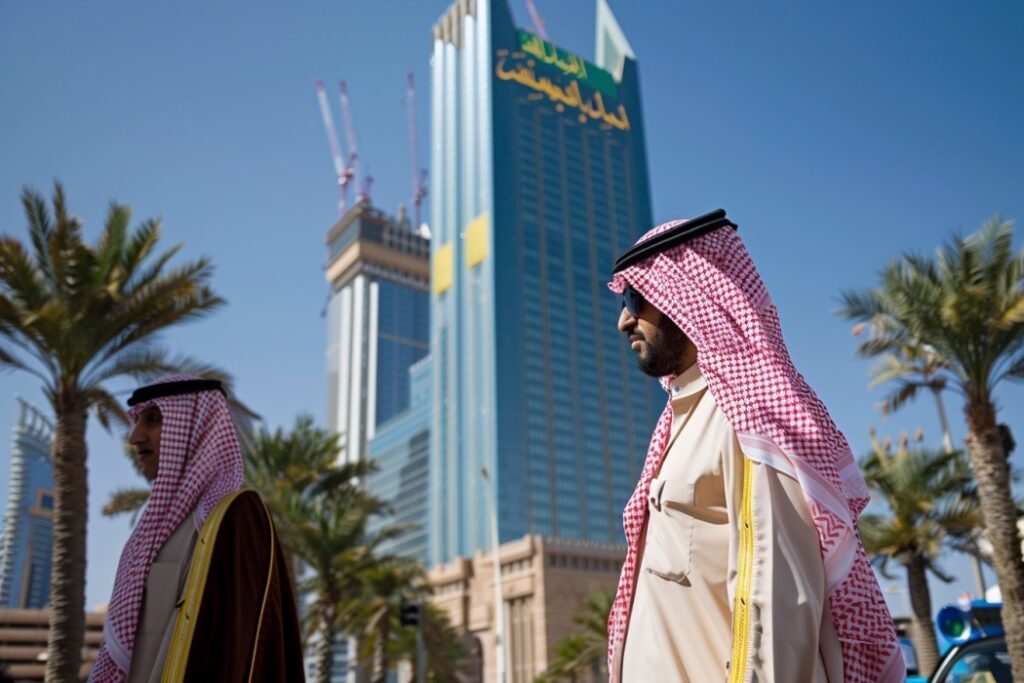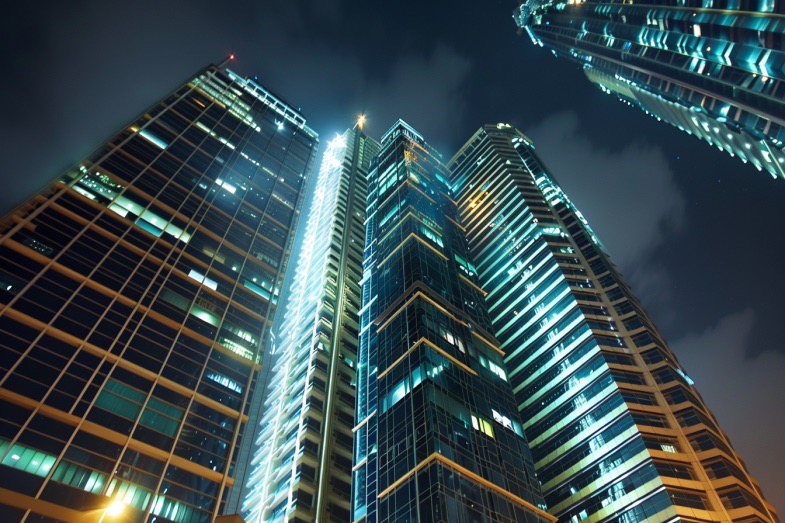India’s Prime Minister Narendra Modi to Meditate in Island Shrine
NEW DELHI — Setting aside weeks of intense election campaigning, India’s Prime Minister Narendra Modi is embarking on a spiritual journey to meditate inside an island shrine for two days. This move is seen as his latest public display of religiosity following his recent declaration that he was sent by a higher power.
India’s election is a colossal event, touted as the world’s largest exercise in democracy spanning over six weeks. The final day of voting is scheduled for Saturday with results expected to be announced three days later.
Modi will be visiting the Vivekananda Rock Memorial in Kanyakumari, a sacred pilgrimage site located off India’s southernmost tip. The visit is scheduled from May 30 to June 1, as reported by Indian state broadcaster DD News.
This site holds significance as it is believed to be where the esteemed Hindu monk and philosopher Swami Vivekananda attained enlightenment.
Modi, who is eyeing a third consecutive five-year term in office, has a history of ending election campaigns with meditation. In recent times, he has been amplifying his public demonstrations of piety, aiming to appeal to Hindu-nationalist sentiments.
During an interview with local news channel NDTV last week, Modi expressed his belief saying, “I’m convinced that God has sent me for a purpose, and when that purpose is finished, my work will be done.”
“God doesn’t reveal his cards. He just keeps making me do things,” he continued.
Despite India’s constitutional commitment to secularism, Modi and his Bharatiya Janata Party (BJP) have championed a robust form of Hindu nationalism since coming into power in 2014, exacerbating religious divisions.
Modi strategically chose India’s spiritual hub Varanasi as his constituency during his initial national election bid a decade ago, seamlessly blending his religious and political aspirations.
At the conclusion of that campaign, Modi paid a visit to Pratapgad in the western state of Maharashtra, commemorating the historic victory of the Hindu-led Maratha forces against the Mughal empire army in the 17th century.
During the final stages of the 2019 national elections, which he emerged victorious from, Modi sought solace in meditation at the revered Kedarnath shrine devoted to Hindu deity Lord Shiva, nestled high in the Himalayas.
Just months before the commencement of campaigning this year, Modi presided over the consecration of the Ram Mandir in Ayodhya, a controversial Hindu temple constructed on the site of a demolished mosque, a role typically reserved for priests.
In a nation where approximately 80% of the populace adhere to the polytheistic faith, critics argue that Modi’s overt display of Hinduism has fueled a surge in Islamophobia and persecution of the country’s 200 million plus Muslims.
During his recent election speeches, Modi and the BJP have resorted to using explicitly Islamophobic rhetoric. In a contentious speech last month, Modi insinuated that if the opposition were to win, they would distribute the nation’s wealth among “infiltrators” and “those who have more children,” in an apparent reference to the Muslim community. — CNN



